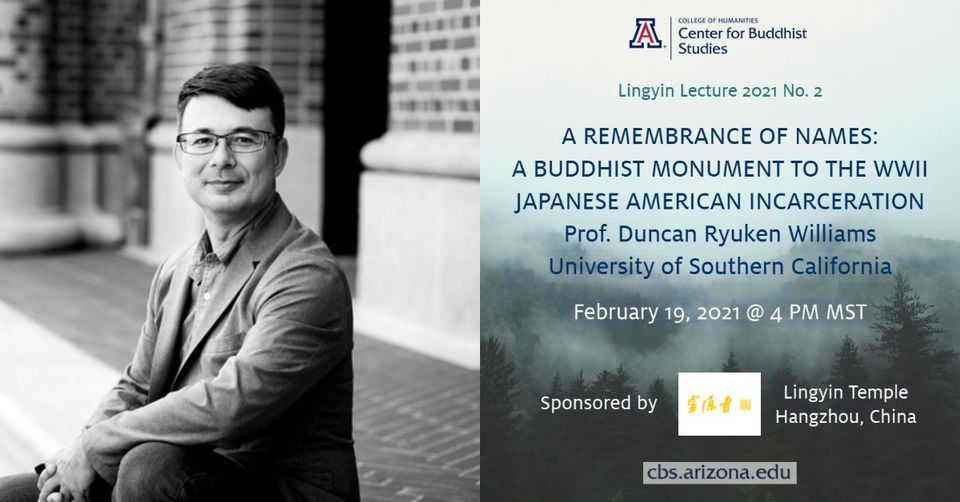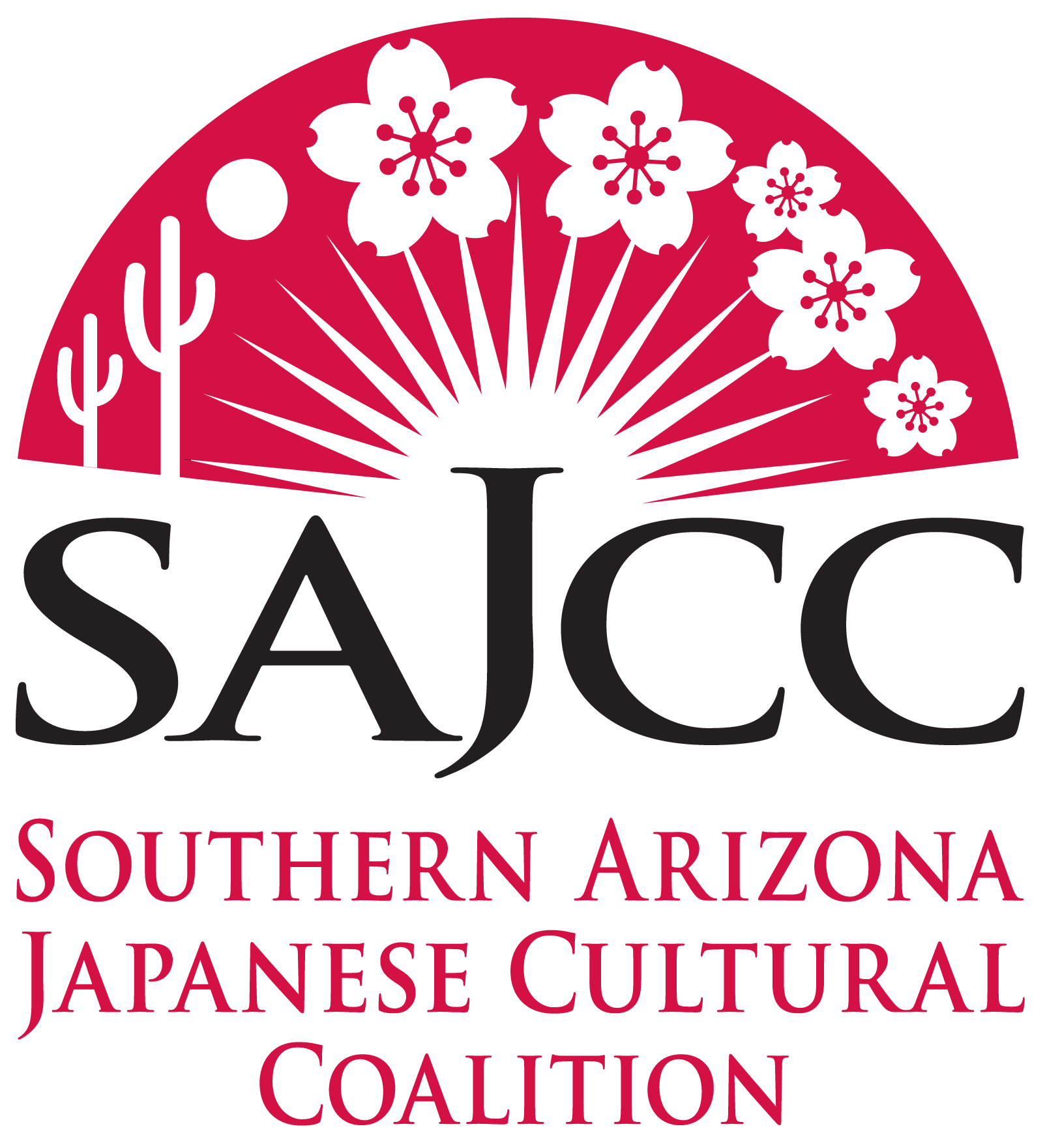
February 19, 4 p.m. via zoom. Register here via UA Center for Buddhist Studies:
https://arizona.us7.list-manage.com/subscribe?u=7c7d1e191c40f1f36fc1af10d&id=5a38c0399d
“The forced removal and incarceration of roughly 125,000 persons of Japanese ancestry, two-thirds of them U.S. citizens, into various kinds of confinement sites during WWII began with the arrest of Buddhist priests even before the smoke had cleared at Pearl Harbor. The prewar surveillance of Buddhist temples and the targeting of Buddhist and Shinto priests as threats to national security was based on a long-standing presumption that America is essentially a White Christian nation. The first federal immigration law that targeted a particular group for exclusion was the 1882 Chinese Exclusion Act that deemed the predominantly Buddhist/Taoist Chinese immigrants as the “heathen Chinee,” a group religiously and racially unassimilable. Despite this long history of religion-racial animus, Buddhists drew on their teachings, practice, and community to not only survive the wartime incarceration, but advocate for a vision of America that is multi-ethnic and religiously free.
In this presentation, Prof. Williams will talk about how the incarceration experiences of Japanese American Buddhists offer a way to heal and repair America’s racial and religious fractures that endure in different ways even to the present. At a time when the karmic legacy of America’s racial past has put into question what becomes monumentalized, Prof. Williams will outline a major new initiative to remember the names of those incarcerated in the form of a Buddhist monument that he is creating.
Duncan Ryūken Williams is Professor of Religion/American Studies & Ethnicity/East Asian Languages & Cultures at the University of Southern California and Director of the USC Shinso Ito Center for Japanese Religions and Culture. Williams is the author of the LA Times bestseller American Sutra: A Story of Faith and Freedom in the Second World War (Harvard University Press, 2019) and The Other Side of Zen: A Social History of Sōtō Zen Buddhism in Tokugawa Japan (Princeton University Press) and editor of 7 books including Issei Buddhism in the Americas (U-Illinois Press), American Buddhism (Routledge/Curzon Press), Hapa Japan (Ito Center/Kaya Press), and Buddhism and Ecology (Harvard University Press). He is also the founder of Hapa Japan (a mixed race/mixed roots Japanese community and festival); was the founding Executive Vice President of JAPAN HOUSE/LA, and serves as a national steering committee/board member of organizations ranging from the Smithsonian’s National Museum of American History, the Japan Foundation, the Harvard Pluralism Project, and Tsuru for Solidarity. “
https://www.facebook.com/events/445520799821835
UPDATE: video of this lecture now online: https://www.youtube.com/watch?v=ABdQ6ER7fj0&feature=youtu.be

